Australia AiG Performance of Manufacturing Index rose to 59.9 in March, up from 58.8. That’s the highest level since March 2018, and indicates a sixth consecutive month of strong recovery. Looking at some details, production dropped -8.6 to 57.2. Employment rose 8.2 to 66.0. New orders rose 3.6 to 63.5. Exports dropped -2.8 to 51.3. Input prices dropped -2.8 to 71.3. Selling prices rose 8.5 to 59.7.
Ai Group Chief Executive Innes Willox said: “The strong recovery in Australian manufacturing gathered further pace in March with growth across the full range of sectors. Production and sales continued to expand despite pulling back from very rapid rates of growth in February. Employment growth surged with manufacturers’ confidence boosted by buoyant levels of new orders. The machinery & equipment sector benefitted from higher demand from across the industrial, mining and agricultural sectors while the metal products and building equipment sectors supplied into healthy levels of residential construction and infrastructure activity.
“Some growing pains are evident with deliveries of inputs not keeping up with sales of finished products and with reports of skill shortages becoming more widespread. The challenge over the next couple of months will be to maintain momentum as fiscal support is wound back further and while COVID-19 remains a threat.”




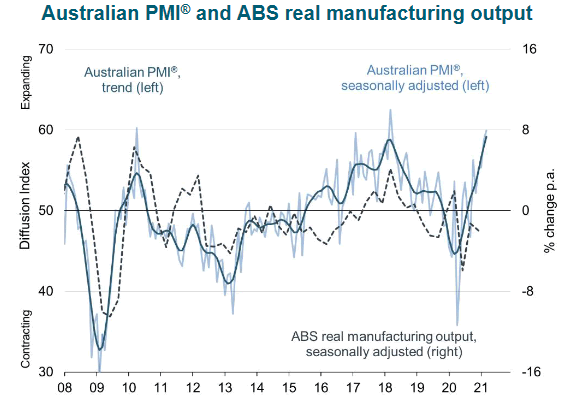
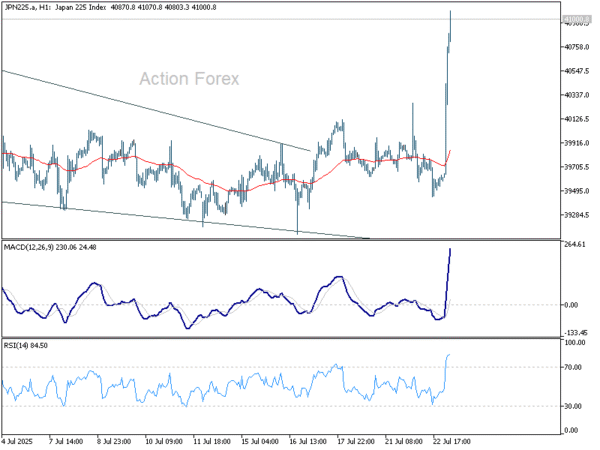
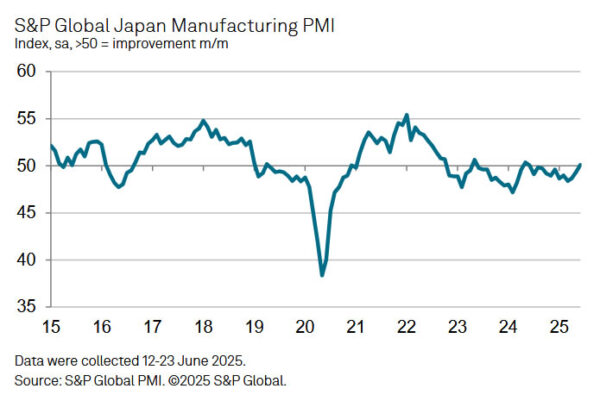
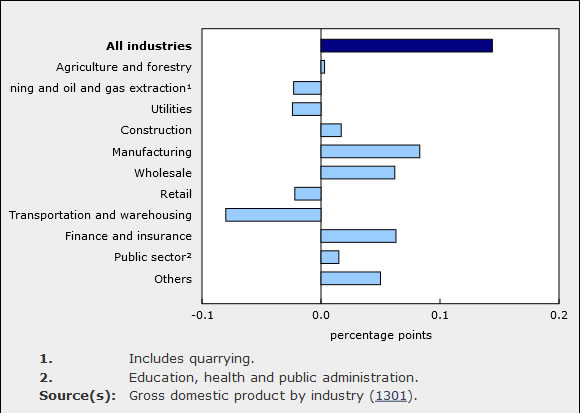
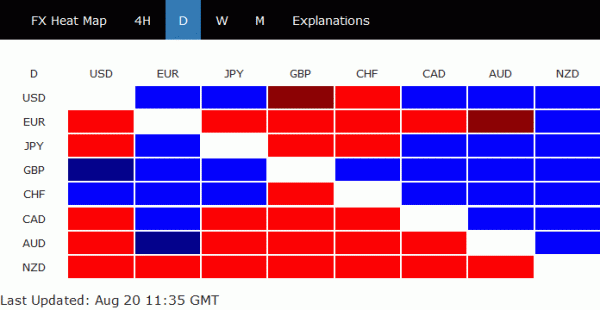
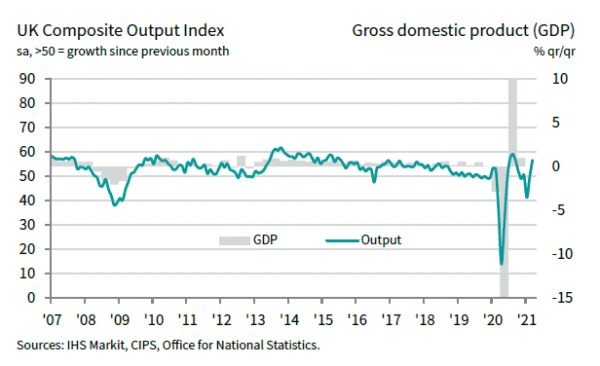
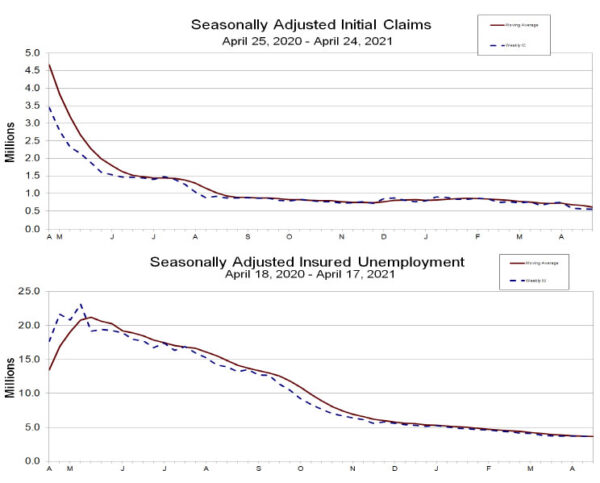
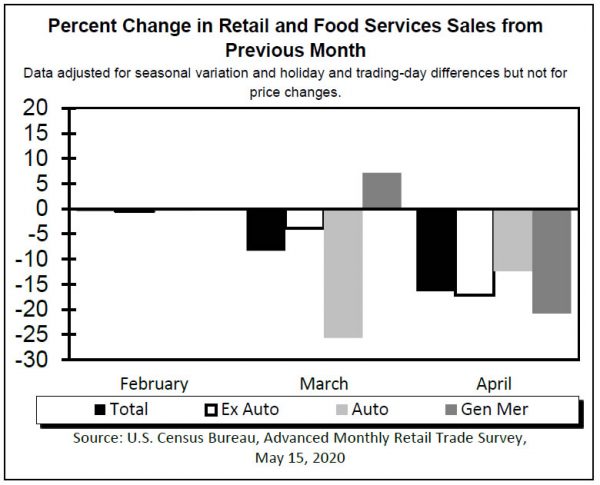
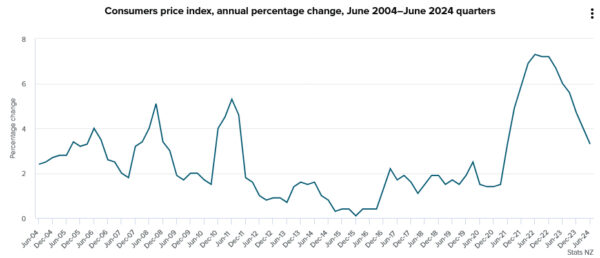
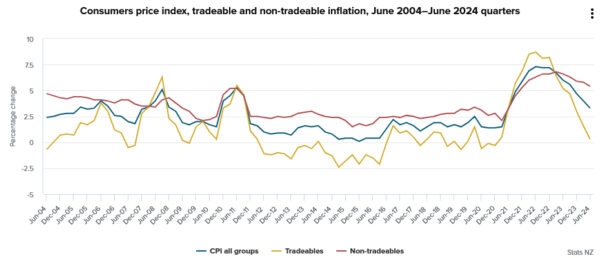
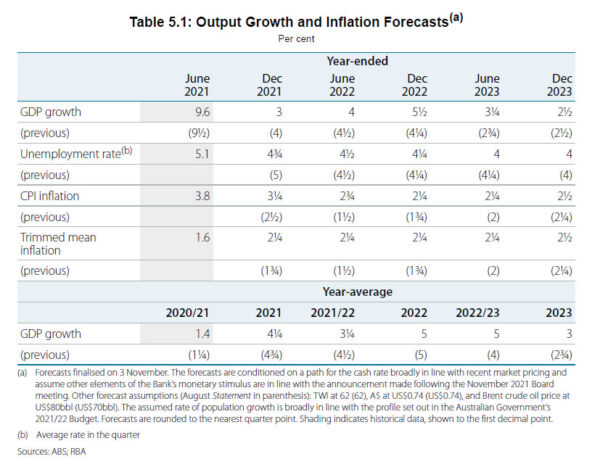
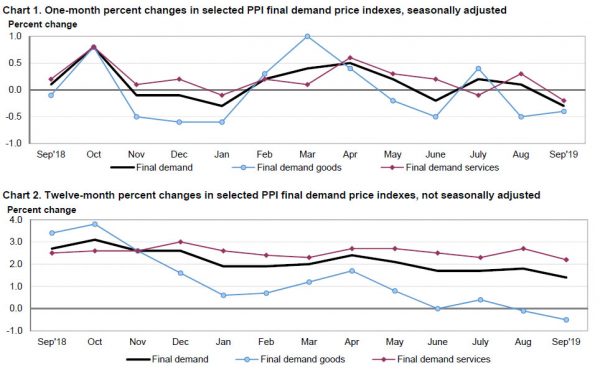
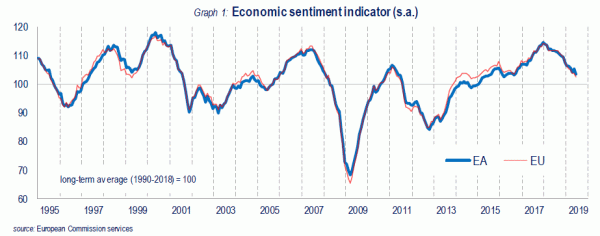
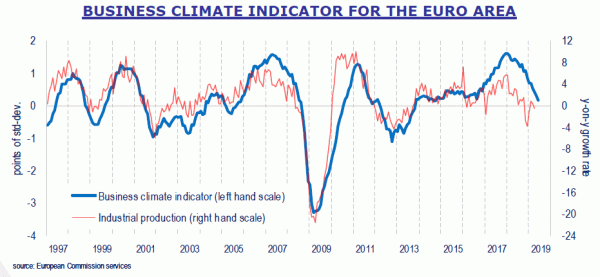

NFP takes center stage, S&P 500 hits record, Dollar Index falters
The main focus of the day is February US non-farm payroll report, with the market anticipating headline job growth of 200k. Unemployment rate is expected to hold steady at 3.7%. Attention is particularly focused on average hourly earnings, anticipated to grow by 0.2% mom, amidst a backdrop of mixed employment indicators from related data sources.
The manufacturing sector, as represented by ISM manufacturing employment index, witnessed a decline from 47.1 to 45.9, while the services sector, through ISM services employment figure, also saw a decrease from 50.5 to 48.0. ADP private employment report indicated a modest job growth of 140k. There was a slight uptick in four-week moving average of initial jobless claims from 208k to 212k. Together they suggest the labor market’s resilience may be cooling.
These indicators collectively temper expectations for a significant upside surprise in the NFP data, while wage growth presenting an unpredictable element as usual.
Investors are particularly interested in how the payroll data might reinforce the likelihood of a June rate cut by Fed. A favorable set of data supporting this case would at least align Fed with its projected path of three rate cuts this year, with the other two in Q3 and Q4, as in the latest dot plot projections.
S&P 500 closed at new record high overnight as its recent uptrend continued. For now, outlook will stay bullish as long as 5056.82 support holds. Next target is 138.2% projection of 3808.86 to 4607.07 from 4103.78 at 5206.91. Firm break there will pave the way to 161.8% projection at 5395.28. Nevertheless, considering bearish divergence condition in D MACD, break of 5056.82 should indicate short term topping, and bring deeper pullback first.
Dollar Index’s close below 102.90 support overnight argues that rebound from 100.61 has completed much earlier than expected at 104.97. Risk will now stay on the downside as long as 55 D EMA (now at 103.69) holds. Deeper decline would be seen back towards 100.61 support, aligning with rally in stock markets. But strong support should emerge around 100 psychological level to bring rebound, to extend medium term range trading.